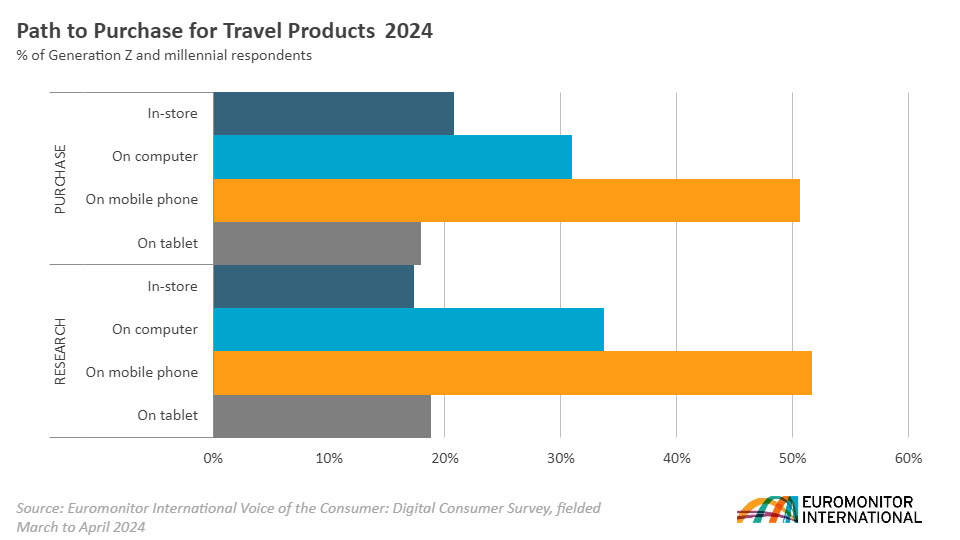Insight of the Day: How Airlines Are Capturing Millennials and Gen Z Travellers
- InsightTrendsWorld

- Jun 27, 2024
- 1 min read
Findings:
The airline industry is recovering and is expected to grow significantly.
Frequent flyer programs are crucial for revenue growth.
Gen Z and millennials are an important target market, but their participation in loyalty programs is low.
Airlines are revamping loyalty programs by focusing on mobile apps, AI capabilities, and personalization to appeal to younger generations.
Key Takeaway:
Airlines must innovate and personalize their loyalty programs to appeal to Gen Z and millennials and drive sustainable profits.
Trend:
Mobile-led loyalty propositions and the integration of AI technologies are key trends in the evolution of airline loyalty programs.
Consumers Addressed:
Gen Z and millennials are the primary target consumers, as airlines seek to increase their engagement and loyalty.
Conclusions:
Airlines need to focus on mobile-first experiences, leverage AI capabilities, and offer personalized rewards to create meaningful interactions with younger generations and ensure the continued success of their frequent flyer programs.
Implications for Brands:
Airlines must invest in technology and data analytics to deliver personalized experiences and targeted offers.
They should partner with popular brands to expand their loyalty ecosystems and offer diverse rewards.
Continuously adapting and innovating their loyalty programs is essential to stay competitive and relevant in the evolving travel landscape.
Implications for Society:
The airline industry's focus on sustainability and customer-centricity can contribute to a more responsible and enjoyable travel experience for consumers.
The integration of technology can streamline travel processes and enhance convenience for passengers.
Increased competition and innovation in loyalty programs can benefit consumers by offering more choices and greater value.





hi
Travel always has surprises — good and bad — so it’s no wonder frequent flyers have delta airlines customer service bookmarked. A friend had a last-minute gate change and nearly missed a connection, but got it sorted super fast because they knew exactly who to call. Sometimes having that info handy is the difference between smooth sailing and a missed vacation.